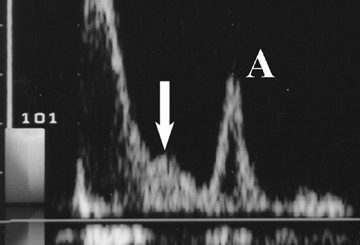Medicine MCQs-16
Contents
- 1 Which of the following is the commonest pathophysiology of hypercalcemia of malignancy?
- 2 Most common cause of hypercalcemia is -
- 3 What s the mechanism of action of Denosumab?
- 4 Most common cancer associated with hypercalcemia of malignancy is -
- 5 Hungry bone syndrome seen after -
- 6 Hypercalcemia of malignancy occurs in approximately ........ of all cancer patients during their clinical course.
- 7 All of the following causes Hypercalcemia EXCEPT -
- 8 Human monoclonal antibody useful for treatment of hypercalcemia?
- 9 Denosumab mimics the natural action of -
- 10 Parathyroid hormone-related protein cause hypercalcemia by all of the following mechanism EXCEPT -
Which of the following is the commonest pathophysiology of hypercalcemia of malignancy?
Excessive secretion of parathyroid hormone-related protein (PTHrP)
Excessive secretion of PTHrP is the most common cause of hypercalcemia of malignancy. It is also known as humoral hypercalcemia of malignancy (HHM) and accounts for about 80% of the cases.
Most common cause of hypercalcemia is -
Hyperparathyroidism
What s the mechanism of action of Denosumab?
Denosumab inhibits this maturation of osteoclasts by binding to and inhibiting RANKL.
Most common cancer associated with hypercalcemia of malignancy is -
The most common cancer associated with hypercalcemia of malignancy is multiple myeloma which has the highest prevalence of hypercalcemia of malignancy.
Hungry bone syndrome seen after -
Parathyroid surgery
While mild hypocalcemia is common after partial parathyroidectomy, some people experience persistently prolonged low calcium levels. This is called hungry bone syndrome.
Hypercalcemia of malignancy occurs in approximately ........ of all cancer patients during their clinical course.
Hypercalcemia of malignancy occurs in approximately 20% of all cancer patients during their clinical course.
All of the following causes Hypercalcemia EXCEPT -
Hypercalcemia - sarcoidosis, tuberculosis, Paget disease
Hypocalcemia is common in advanced chronic kidney disease (CKD) and end-stage renal disease (ESRD)
Human monoclonal antibody useful for treatment of hypercalcemia?
Denosumab - Human monoclonal antibody against RANKL
Inhibits the maturation, function and survival of osteoclasts.
Denosumab mimics the natural action of -
Denosumab mimics the natural action of osteoprotegerin
Osteoprotegerin (OPG), also known as osteoclastogenesis inhibitory factor (OCIF) or tumour necrosis factor receptor superfamily
Parathyroid hormone-related protein
similarity in structure, it acts at the same receptor as PTH and causes bone resorption, increased phosphate excretion from the proximal tubules, and calcium reabsorption from the distal tubules. It does not have any effect on 1,25-dihydroxy vitamin D production.





